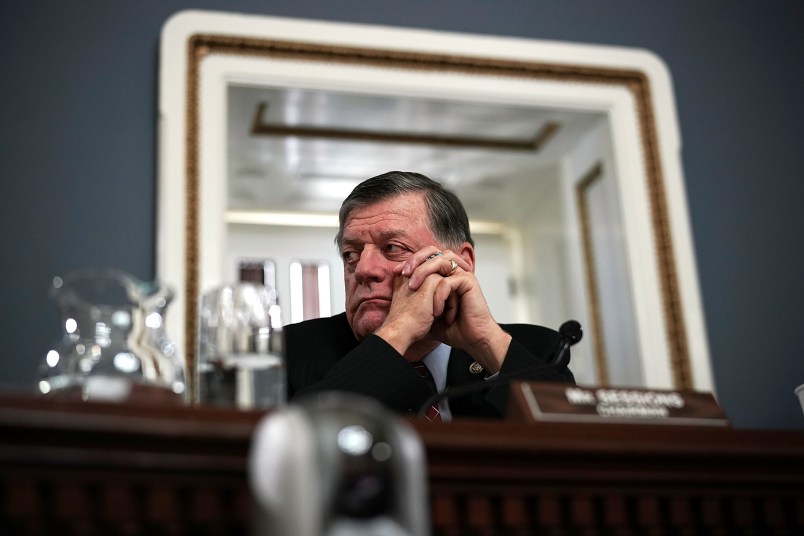American Indian tribes and dozens of members of Congress on both sides of the aisle are expressing alarm at the Trump administration’s recent assertion that tribal members must be subjected to the new Medicaid work requirements being implemented in several states.
As the Department of Health and Human Services (HHS) vows to move rapidly to approve waivers allowing at least a dozen more states to implement work requirements for their Medicaid programs — and has approved three already — the agency has claimed that giving tribal members in those states an exemption “could raise civil rights issues,” arguing that it would be an illegal racial preference.
Over the past week, Republicans and Democrats in the House and Senate along with Native American legal experts have pushed back forcefully, arguing that Native Americans are members of sovereign governments, not members of a racial group, and warning the administration that lawsuits await them if they continue down this path.
“I am concerned that both HHS and CMS are unwittingly about to kick off what may be decades of expensive and needless litigation,” wrote Rep. Tom Cole (R-OK), a member of the Chickasaw Nation, in a blistering letter to HHS that his office shared with TPM. “In addition to threatening tribal sovereignty, this short-sighted decision will have the added effect of reducing funds available to Indian Health Service (IHS).”
“I respectfully request that you immediately rescind these misguided policy decisions,” Cole concluded.
Ten Senators, one of them Republican, wrote their own letter to HHS arguing that “federal obligations to Indians are not based on race but instead on a political relationship between the tribes and the federal government.” And on Tuesday, nearly three dozen House members followed suit, reminding HHS that Native Americans have long been legally exempt from various federal health care laws, such as Obamacare’s individual mandate and demanding that HHS provide Congress with its justification for its current stance.
In addition to violating federal law, the representatives say, subjecting Native Americans who depend on Medicaid to work requirements would be devastating to a population already struggling with high unemployment and high rates of addiction.
Stephen Greetham, the senior counsel for the Chickasaw Nation in Oklahoma, drafted a legal memo last week urging HHS to walk back its assertion that exempting Native Americans from the requirements would violate civil rights law, and calling on Congress to conduct strong oversight on the issue. In the memo, obtained by TPM, Greetham voiced fears that the Trump administration would apply this same logic to other social safety net programs.
“Any administrative mischaracterization of Federal-Tribal programs as race-based is based on misinformation and misunderstandings of Federal law,” he wrote. “Concerns regarding these points go far beyond CMS’s position regarding work and community engagement requirements in State Medicaid plans; it is a concern that is much more fundamental to the operations of Federal administrative law.”
In response to this blowback, HHS spokesperson Caitlin Oakley told TPM that the agency is “evaluating the policy.”
“We are taking into account the feedback and input that tribal representatives have provided and will communicate to tribal representatives and states any future decisions,” she said. “We continue to support all efforts to improve Medicaid enrollee health and well-being through a range of policies and appreciate feedback from the tribal community.”







Spanky lives for litigation. It’s an elixir for him.
This is no argument to make when trying to dissuade him from a course of action.
Ready…Fire!..Aim.
So, as I understand it, under this interpretation of the law, all native-american-run casinos will also have to be shut down…
Dotard was pissed when he learned he couldn’t threaten Native Americans with deportation.
Alrighty now. You (HHS/Trump) pay back all the Native American Nations for all you stole from them and then you can exempt them. While you’re at it, pay back all the Social Security funds you ripped off and then we can chat. You are not going to ratfk yet ANOTHER group to grift money out of the taxpayers for your ‘buddies’. Not happening.